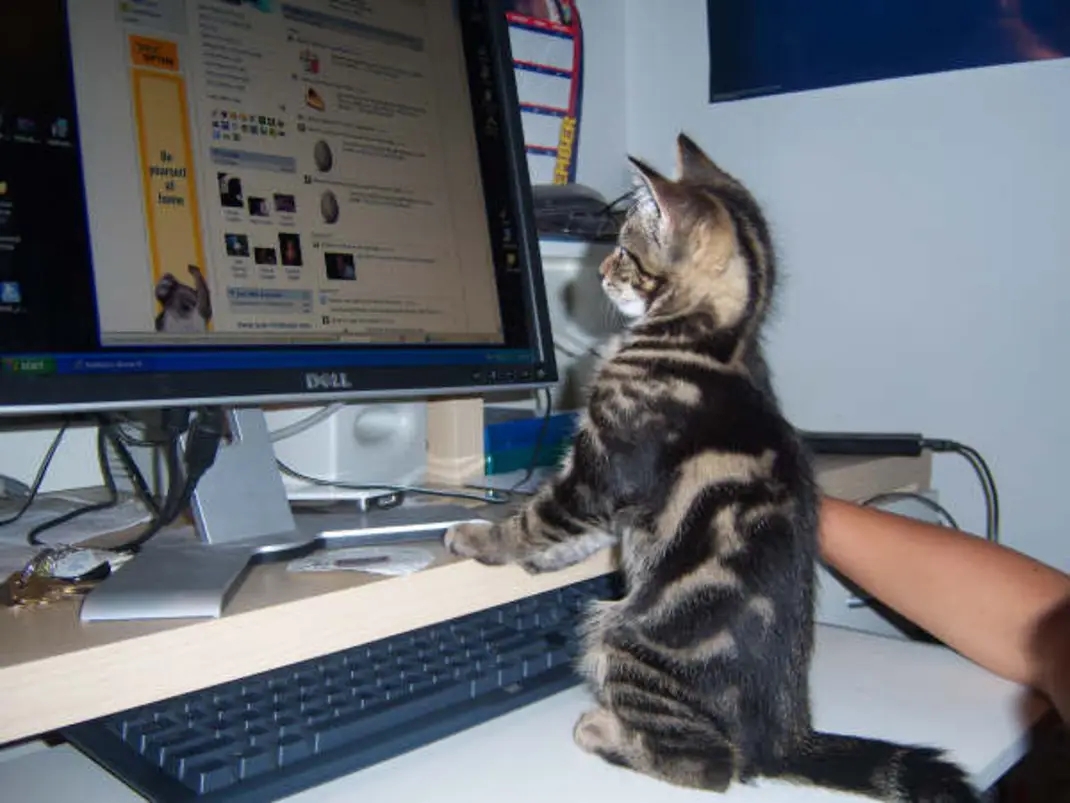This week I went to a wonderful accessible arts panel discussion on accessible tech in the arts. There are a lot of everyday uses of technology to use technology to increase the accessibility of arts and culture and our exceptional panel of Sophie Penkethman-Young (Australia Council), Marcus Wright (MCA), and Simon Buchanan (Sydney Opera House) unpacked a wide field of these. Technologies such as digital performance, alt text and captioning, digitally delivered workshops, Virtual narrators, Augmented Reality deepened experiences, and AI created audio description … yes Artificial Intelligence made it’s face known.
Lately, in so much of the conversation, Chat GTP, and the AI successors, has dominated the subject of technology and art. Whether it’s artists having their work used as a platform for training AI without their consent, to using AI to develop writing art and critique of writing and art.
But it’s in the most banal ways that AI could be an accommodative tool for those of us with disability. We may argue the merits and value of a novel or poem written by AI. But what about AI writing your grant proposal. On that artists seem to agree. Maybe not the whole thing, but for those of us struggling regularly with executive functioning dilemmas. Contrary to the narrative of procrastination and avoidance that saviours like to peddle, or the adjectives that beaten down neurodivergents find the selves reciting, some executive functioning issues come from the difficulty in engaging with an unmotivated task or from a difficulty in cracking the introductory social format that is often where we find our lives. Having and AI write a rough and inaccurate opening that you could take on for a spring board into self expression is a wonderful idea.
There are many technologies that we use and will arise to help us meet the goals of an inclusive society. But they really need to start with the opening up of society to be more inclusive. Having no meeting agenda or notetaking could be taken away by speech to text capture or AI inferred agenda in retrospect. But the thing that will get us to a harmonious society is not technology filling the gaps – it for there to be no gaps from the designing of the way we want our future society developing.

